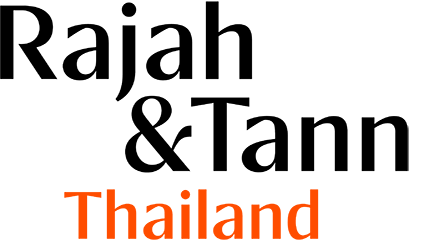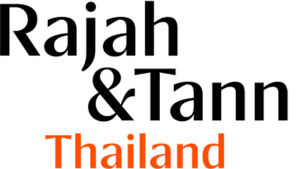Amendment to Thailand’s Labour Protection Law to Ensure Remote Working Arrangements
On 19 March 2023, the Labour Protection Act (No. 8) B.E. 2566 (2023) (“Amended LPA“) was published in the Government Gazette with the goal of updating the existing labour protection law to reflect the modern trend of working from home in response to the COVID-19 pandemic. The purpose of the Amended LPA is to establish a legal framework for remote working arrangements, improve employee productivity and the quality of life, and benefit employers’ business operations. The Amended LPA came into effect 30 days after its publication in the Government Gazette, or on 18 April 2023.
Pursuant to the Amended LPA, the employer and the employee may agree to permit the employee to work remotely outside the place of business or the employer’s office. The employee may work at home or the residence of the employee, or work via the use of information technology at any place. Most importantly, such employee shall be entitled to the same rights as those employees working at the place of business or the office of the employer.
The agreement must be made in writing or in accessible electronic forms, which may include necessary details such as (i) the duration of the agreement; (ii) regular working hours, rest periods and overtime work; (iii) the criteria for working overtime and on holiday; (iv) the types of leave which may be taken; (v) the scope of work of the employee and the employer’s control or supervision of that work; (vi) the obligations and duties relating to the provisions of tools or equipment for the work; and (vii) relevant expenses incurred from work.
In addition, the Amended LPA provides that the employee has the right to refuse communications by whatever means from the employer or supervisor after regular working hours or after completing the assigned work, except where the employee has given a written consent in advance.
New Technological Crime Law on Obligations of Commercial Bank and Online Payment Platform Providers to Proceed with Questionable Transactions
Due to the increasing number of telephone and online scams, the Government has issued a new law to combat such crimes as well as related money-laundering activities, namely, the Emergency Decree on Measures for Prevention and Suppression of Technological Crimes B.E. 2566 (2023) (“Technological Crime Decree“), which became effective on 17 March 2023.
The key legal implications under the Technological Crime Decree may be summarised as follows:
- Information Sharing. Banks, payment providers, telecommunications companies, and other service providers must share information about accounts and transactions that may be connected to the commission of a technological crime through the information sharing system approved by relevant authorities. Such operators are also required to share the information with the Royal Thai Police, the Department of Special Investigation (DSI), and the Anti-Money Laundering Office (“AMLO“).
- Transaction Freezing. Upon request of the victim (who is the account holder), banks and payment providers are required to temporarily freeze illicit transactions, where the victim shall file a complaint to the police within 72 hours. Once the complaint is filed, the police will notify the bank/payment provider to continue freezing the account, and the police will complete the initial investigation within seven days.
If the bank/payment provider finds that there is suspicious illicit activity, whether by their own effort or from the information sharing system, the bank/payment provider shall notify the police/Secretary of AMLO immediately, and temporarily freeze illicit transactions for a maximum period of seven days. The authority will complete the initial investigation within seven days.
- Reporting Channels. Illicit transactions may be reported to the bank/payment provider via telephone or electronic means.
Complaints involving a technological crime may be filed with any police station in Thailand without a need to identify the place in which the crime is committed, or filed via electronic means.
- Mule Accounts. Allowing someone else to use your bank account, electronic card, e-money account, or phone number for a criminal activity is punishable with an offence of up to three years’ imprisonment and/or a fine of up to THB 300,000 fine.
Facilitating or advertising for the creation of a mule account involves penalties ranging from two to five years’ imprisonment and a fine of THB 200,000 to 500,00.
Proposed Changes to Permit Issuance of Sustainability-themed Bonds by SMEs via Private Placement and Crowdfunding Portals
In an effort to advance national policies on environmental, social, and governance (“ESG“) issues in accordance with the 20-year National Strategy (2018-2037), Thailand’s Securities and Exchange Commission (“SEC“) published public hearing documents to seek stakeholders’ feedback from 15 March 2023 to 17 April 2023 (“Public Hearing“) on proposed changes that would permit small and medium-sized enterprises (“SMEs“) and startups to issue and offer for sale sustainability-themed bonds, which include green bonds, social bonds, sustainability bonds, and sustainability-linked bonds (“Sustainability-themed Bonds“), via PP10-private placement and crowdfunding portals. The Public Hearing also addresses amendments to allow private limited companies to issue Sustainability-themed Bonds in the form of convertible debentures (PP-SME).
Currently, Sustainability-themed Bonds are permitted through certain types of fundraising methods, for example, public offerings (PO), private placements to institutional investors (PP-II), and private placements to high-net-worth investors (PP-HNW). According to SEC, although a total of THB 542,669.78 million was fundraised through the sale of Sustainability-themed Bonds between 2018 and 2023, these bonds were minuscule compared to the entire bond market, and the major issuers were large corporations in certain industries. With these proposed changes, companies of all sizes would have access to more funding opportunities, while integrating ESG considerations into their operations.
The Public Hearing also proposes changes to the rules that require issuers to disclose information prior to and after an offering for sale of Sustainability-themed Bonds. This includes (i) the recognised standards at the applicable international or national level, (ii) the purposes of use of bond proceeds, (iii) the evaluation and selection procedure for eligible projects, (iv) the management of bond proceeds, and (v) the reporting of project progress and reports of external review providers (if applicable). Consequently, bond issuers can promote the sustainability of their products more effectively, and investors can make more informed decisions.
TRUE-DTAC Merger Completed
True Corporation (“True“) and Total Access Communication (“DTAC“) have completed their merger, which is Southeast Asia’s largest telecoms merger. The merged entity, called True Corporation, debuted on the Stock Exchange of Thailand on 3 March 2023.
The merger is a three-to-two transaction – True and DTAC reportedly hold 34% and 21% market shares respectively (based on mobile subscribers), and the merged entity will become the largest player, overtaking the present market leader Advanced Info Service Pcl with 44% market share. The telecoms regulator, the National Broadcasting and Telecommunications Commission (“NBTC“), acknowledged the US$8.6 billion merger between True and DTAC on 20 October 2022 and stipulated conditions for the merger, including pricing conditions, capacity allotment requirements for mobile virtual network operators’ use, and hold-separate requirements. The new entity is required to continue using the DTAC and TRUE brand names for a period of three years.
The merger has been subject to challenges. Lawsuits against NBTC have been brought to the Central Administrative Court, notably, by the Thailand Consumers Council (“TCC“), to repeal the NBTC’s decision on the True-DTAC merger. On 9 December 2022, the Central Administrative Court rejected the TCC’s plea for an injunction as the court found ‘no ground which would suggest that the NBTC’s decision was unlawful’. This decision to reject the injunction request paved the way for the completion of the merger; however, the case itself is pending the court’s decision.
For more information, click here to read our Competition Bites 1Q 2023 (page 12).
Amendments to the Trade Competition Act
On 22 February 2023, the outgoing chairman of the Trade Competition Commission of Thailand (“TCCT“) Sakon Varanyuwatana stated that the proposed amendments to the Trade Competition Act (“TCA“) would likely be ready for submission to the government in the third quarter of 2023. Possible areas of amendments include merger filing procedures and the definitions of market dominance and state-owned enterprises, among others. TCCT is also considering introducing leniency into the TCA, as Thailand is one of the only jurisdictions in the Asia-Pacific region where a leniency program has yet to be introduced.
For more information, click here to read our Competition Bites 1Q 2023 (page 11).
Amended Law Applicable to Private Companies
Wide-ranging amendments have been made to the Thai Civil and Commercial Code (“CCC“), which are intended to ease the administrative burden on private limited companies and provide more practical solutions to business issues. The amendments, which took effect on 7 February 2023, were set out in the Act amending the Civil and Commercial Code (No. 23) B.E. 2565 (2022), which was published in the Royal Gazette on 8 November 2022. It is worth noting that if any provisions in the existing articles of association are inconsistent with the amended CCC, such provisions would prevail provided they are not contrary to public order or good morals. Therefore, it is recommended that the articles of association be amended where necessary so as to enhance the ease of doing business.
For more information, click here to read our Legal Update.
Update on Public Hearing Regarding Thailand's New Regulation Framework for Utility Digital Tokens
On 25 January 2023, the Securities and Exchange Commission of Thailand (“SEC“) issued a public hearing document No. AorNorDor. 4/2566 (“Public Hearing“) focusing on the regulatory scope of ready-to-use utility tokens. These have not been heavily regulated compared to other types of digital tokens, namely, not-ready-to-use utility tokens and investment tokens – both of which requires SEC’s approval in order to be issued and offered to the public. The hearing period ended on 24 February 2023.
According to the Public Hearing, SEC proposed that ready-to-use utility tokens be divided into two groups as follows:
- Group 1 Ready-To-Use Utility Tokens (“Group 1 Tokens”)
This includes:
- ready-to-use utility tokens issued for consumption puroses, such as digital vouchers, loyalty points, tokens which can be redeemed for movie tickets; and
- ready-to-use utility tokens issued as a digital certificate or representation of rights, such as carbon credits, renewable energy certificates, transcripts, medical certificates, tax certificates, title deeds, medical certificates.
Group 1 Tokens must be non-financial products and have a specific channel to be traded (such as a marketplace). SEC’s proposal includes, among others, that Group 1 Tokens will be exempted from public offering requirements, and any provision of service relating to Group 1 Tokens shall not be considered as conducting a digital asset business.
Digital asset exchanges will not be allowed to list Group 1 Tokens for trading in their platform. However, this will not apply to Group 1 Tokens which are already listed in digital asset exchanges.
- Group 2 Ready-To-Use Utility Tokens (“Group 2 Tokens”)
This includes ready-to-use utility tokens which do not fall into Group 1 Tokens category, such as:
- ready-to-use tokens which have a characteristic similar to that of financial products, such as governance tokens of Decentralized Finance (DeFi), Centralized Finance (CeFi), or Gaming Finance (GameFi) projects and exchange tokens; and
- ready-to-use utility tokens which specify the right of the holder to acquire the products or services provided through a distributed-ledger technology (DLT). As opposed to Group 1 Tokens, Group 2 Tokens can be listed on digital asset exchanges. However, in doing so, they will be subject to the public offering requirements similar to investment tokens and not-ready-to-use utility tokens.
As opposed to Group 1 Tokens, Group 2 Tokens can be listed on digital asset exchanges. However, in doing so, they will be subject to the public offering requirements similar to investment tokens and not-ready-to-use utility tokens.
Licence Required for Provision of Digital Identity Proofing and Authentication Service
On 23 December 2022, Thailand issued the Royal Decree on Supervising Service Businesses Regarding Digital Identity Proofing and Authentication System Which Shall be Licensed B.E. 2565 (2022) (“Royal Decree“) by virtue of the Electronic Transaction Act B.E. 2544 (2001). The Royal Decree will take effect on 21 June 2023. The provision of the following services shall be regulated and licensed:
- Identity Proofing Service – the service of compiling and verifying information relating to the identity of a person and verification on the connection between the person and the information on identity;
- Authenticator Management Service – the service relating to the connection between the identity of a person whose identity has been verified and the authenticator, including the management of such authenticator;
- Authentication Service – the service of authenticating the identity of a person by verifying the authenticator of such person; and
- Digital Identity Platform Service – the service of information exchange for digital identity proofing and authentication, which are networks or systems that enable connection and information exchange in relation to digital identity authentication and verification, but not including a provision of service by an intermediary.
The Royal Decree provides a licensing exemption to the following services:
- Identity proofing and authentication services provided by a certificate authority to support the use of electronic signatures under the law on electronic transactions;
- Identity proofing and authentication services provided for internal business benefit without being provided to any third party; and
- Services relating to digital identity proofing and authentication systems, as prescribed by the Electronic Transaction Commission.
Penalty for unlicensed businesses
Any person who operates a business providing services relating to digital identity proofing and authentication systems without obtaining a licence shall be liable to imprisonment for a term of not more than three years, or to a fine of not more than THB 300,000, or to both.
Please note that whilst the information in this Update is correct to the best of our knowledge and belief at the time of writing, it is only intended to provide a general guide to the subject matter and should not be treated as a substitute for specific professional advice














